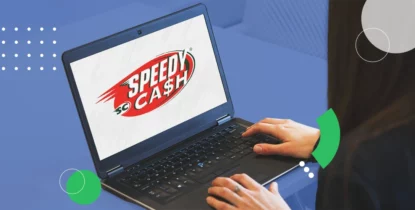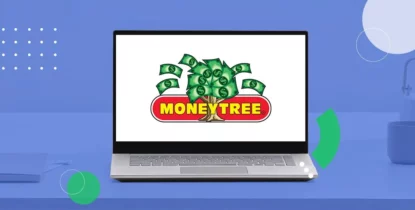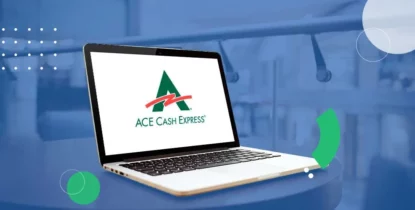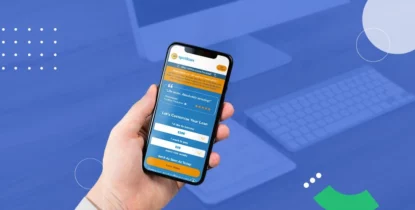1F Cash Advance Expert Guides and Articles
We're excited to announce that the 1F Cash Advance Team of financial writers has been working hard to bring you the best lending information possible.
Our 10-year expertise in the lending industry is a valuable asset in helping you understand how different loans work and what options are available to you.
Our goal is to arm you with the knowledge and confidence needed to make informed decisions about your finances.

Loans Using Your Car as Collateral
Looking for a loan using the car for collateral? Put your car as collateral and get the best car title loan interest rates in January 2023. Read about car collateral loans and discover your loan options.
 Top-rated
Top-rated
I Need Money Now: 16 Ways to Get Quick Cash
Whether you're facing an unexpected expense, aiming to boost your savings, or looking for additional income sources, these proven ways will help you get fast cash. This article equips you with a diverse set of options to address your immediate financial needs. Don't let financial stress hold you back.
 Top-rated
Top-rated
Emergency Cash for Single Mothers
Single moms facing financial emergencies can benefit from grants and loans. Get help with housing, pay bills, and receive medical aid and child care services.
 Top-rated
Top-rated
No Income Loans: What You Need to Know
If you want a loan but don't have any income, you might be wondering if there's any way to get one. The answer is yes! We've put together this guide to explain what you need to know about no income loans, including how they work and how to apply for them.

How to Pay for Car Repairs with No Money: Know Your Options in August 2025
There are a few downsides to owning a vehicle — this includes paying for repairs and maintenance. Auto repairs nowadays are quite costly, particularly after an automobile accident. But having your car is a way to be self-reliant, and the cost may be worth it in the end.

Transgender Paradise: A Nightmare for the Average American?
While Democrats predict difficult times for everyone after the recent elections without even saying what rights we will be deprived of, the forgotten American majority is finally breathing a sigh of relief. While statistics in recent years show that average people face a serious deterioration in their standard of living, Trump is showing the American middle class that their voice is heard again.

Supremacy or Chaos? America Cannot Rely on Outsiders
Can new values impact American families and reduce immigration? Will a stronger future be created? Trump’s win brings these questions to the forefront in 2025.

Speedy Cash Review
Discover a detailed review of Speedy Cash made by 1F Cash Advance. Whether you're looking for payday loans, installment loans, or other financial solutions, our review will help you make an informed decision about whether Speedy Cash is the right choice for you.

Wise Loan Review
Wise Loan, also called Essential Lending, is an online lender founded in 2015, and it operates in 10 states. Some of its loans offer funding on the same day, and it's open about its terms. But be ready for rates as high as 799%.

Check ’n Go Payday Loan Review
Get another perspective on Check 'n Go loan products and services. 1F Cash Advance team made a short review of this service to help you understand its financial products and services. Read further and find out how to apply for a Check 'n Go payday loan and get your money today.

Moneytree Loan Review
Moneytree is a financial company that offers small-dollar loans to residents of five states. Although it provides a safe and legit way to get fast cash, there are some questionable features that require detailed consideration. Before obtaining a Moneytree payday loan, read our review to learn more about the potential pitfalls.

ACE Cash Express Loans Reviews
When you need money fast with bad credit, companies like ACE Cash Express can come to the rescue. This financial service offers small loans between $100 and $2,000 that people with any credit can get online within one business day. However, it also comes with several drawbacks you need to be aware of. As we want you to make informed financial choices, our ACE Cash Express review is here to outline the company’s ins and outs

Spotloan Personal Loans Review: High-Cost Alternatives to Payday Loans
Looking for more information about Spotloan? Want to know how do loans from Spotloan work? Discover a short overview of this service, pros and cons, and see if it suits you and your financial situation.